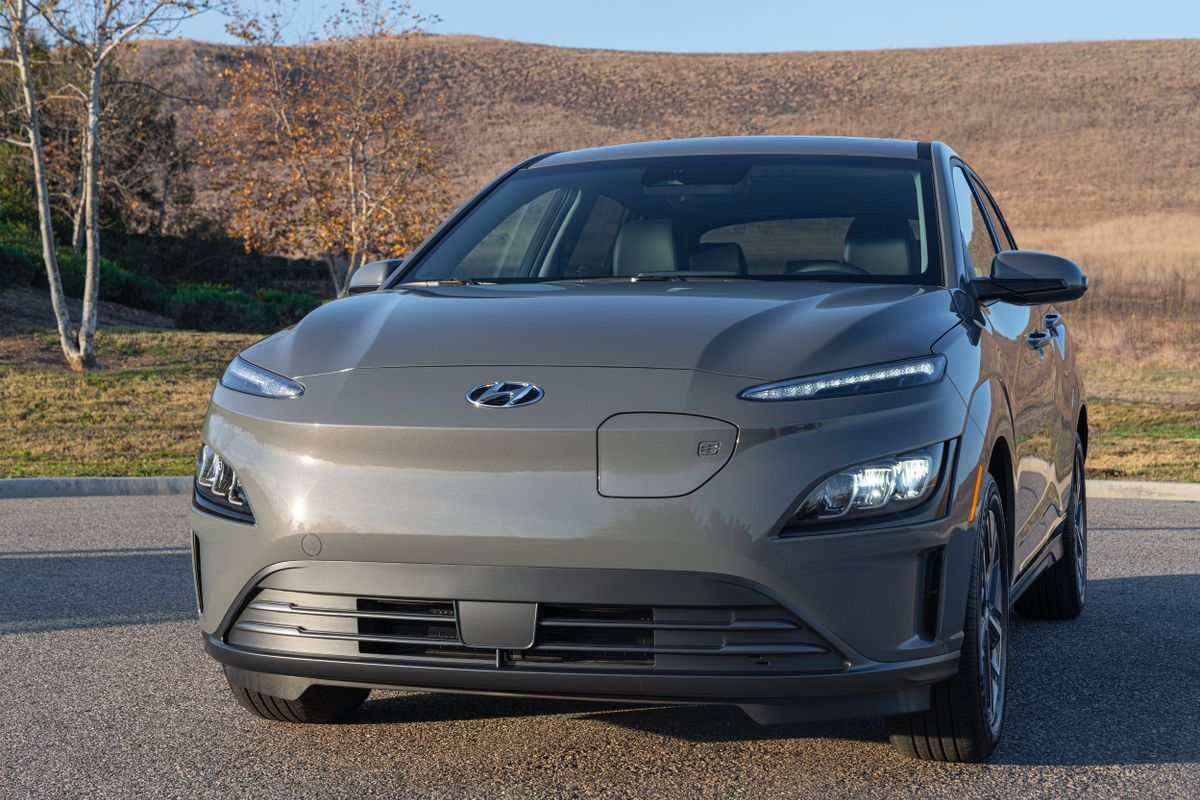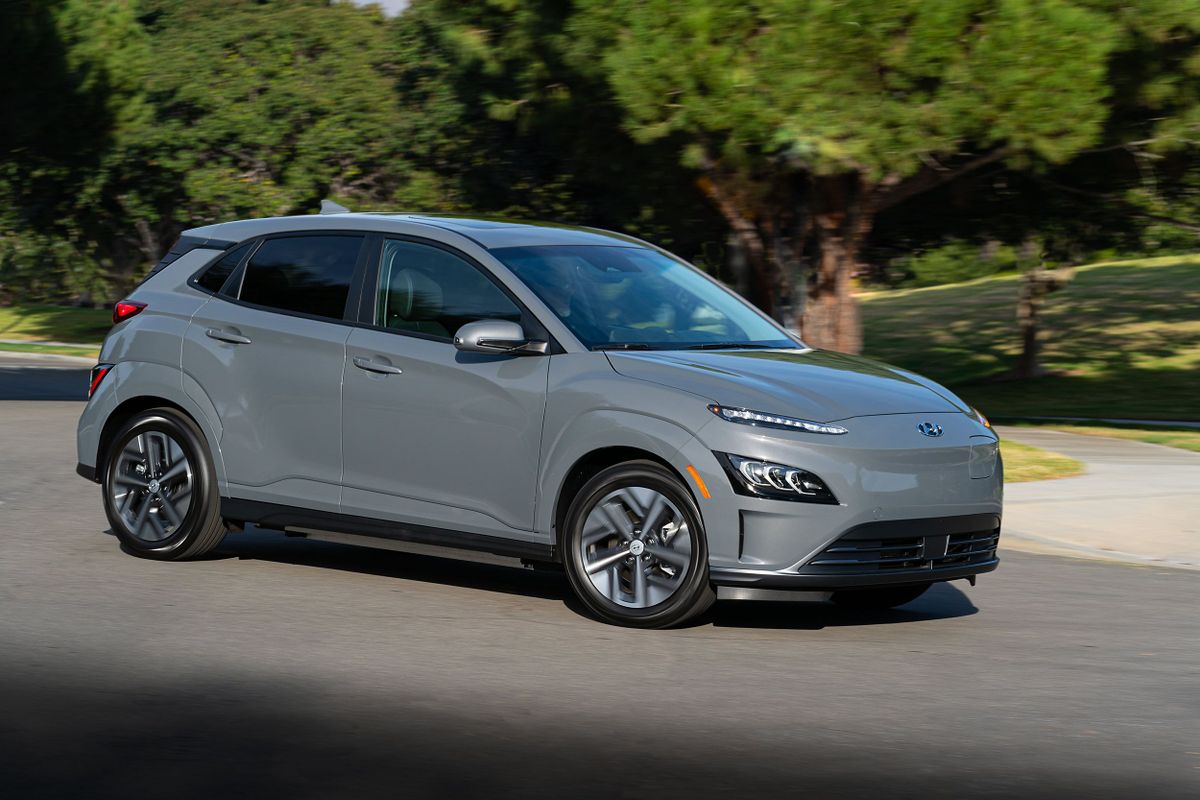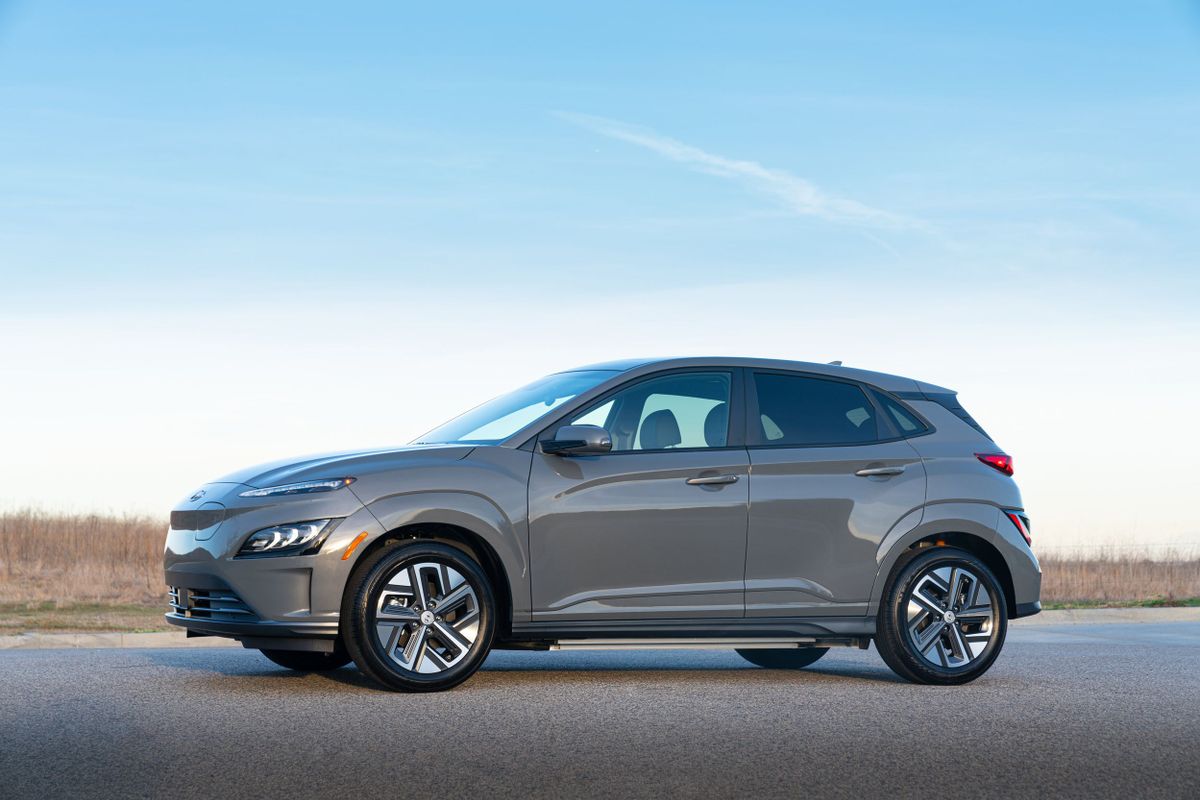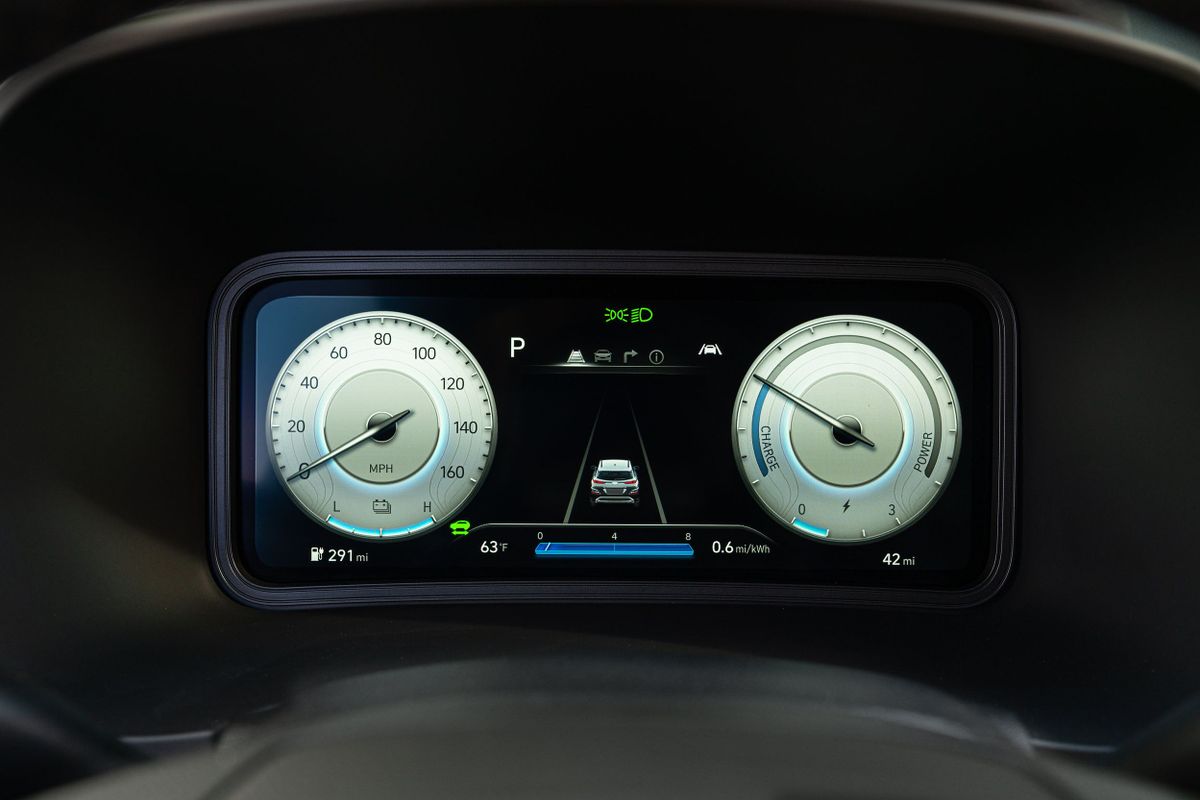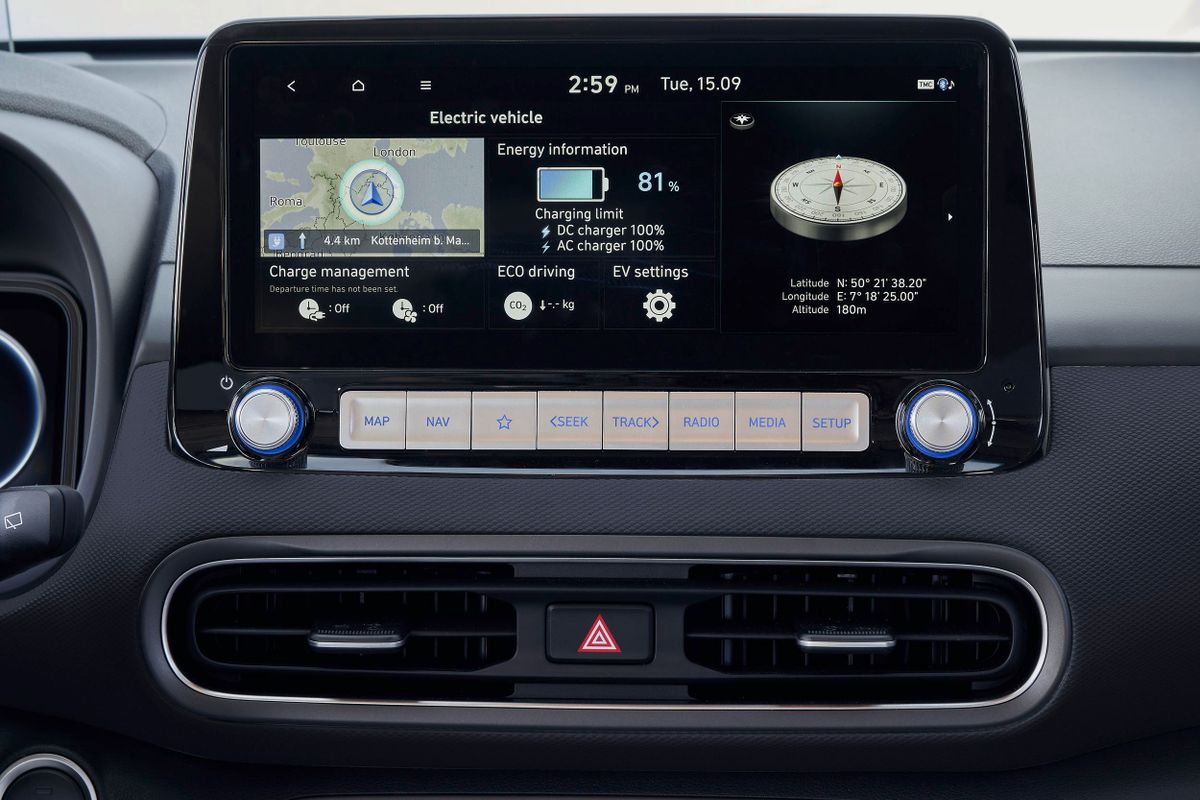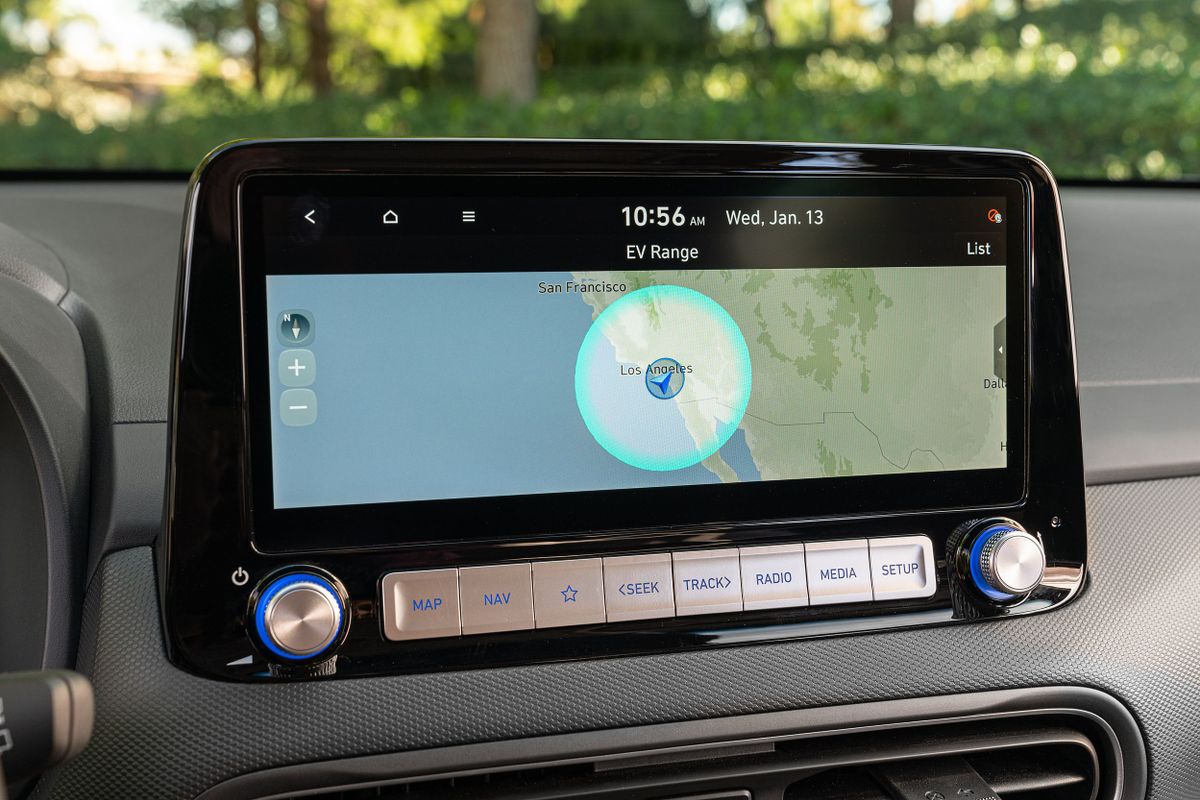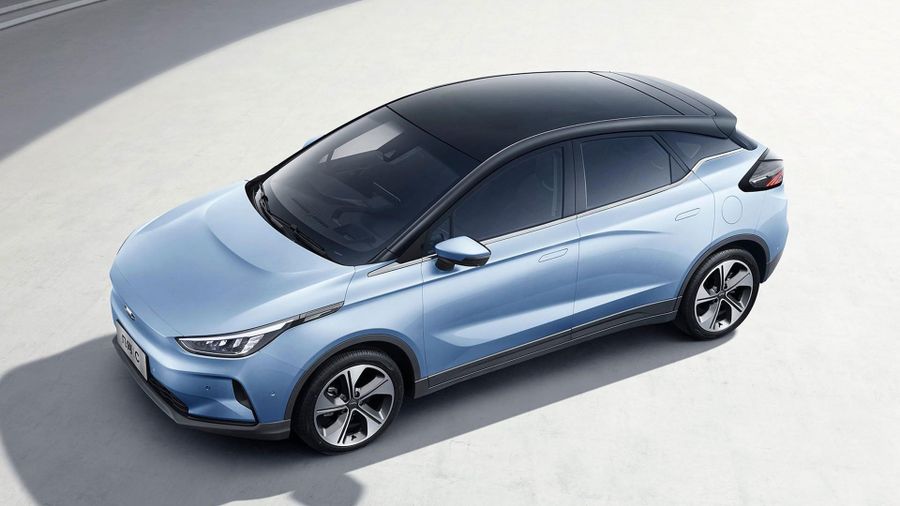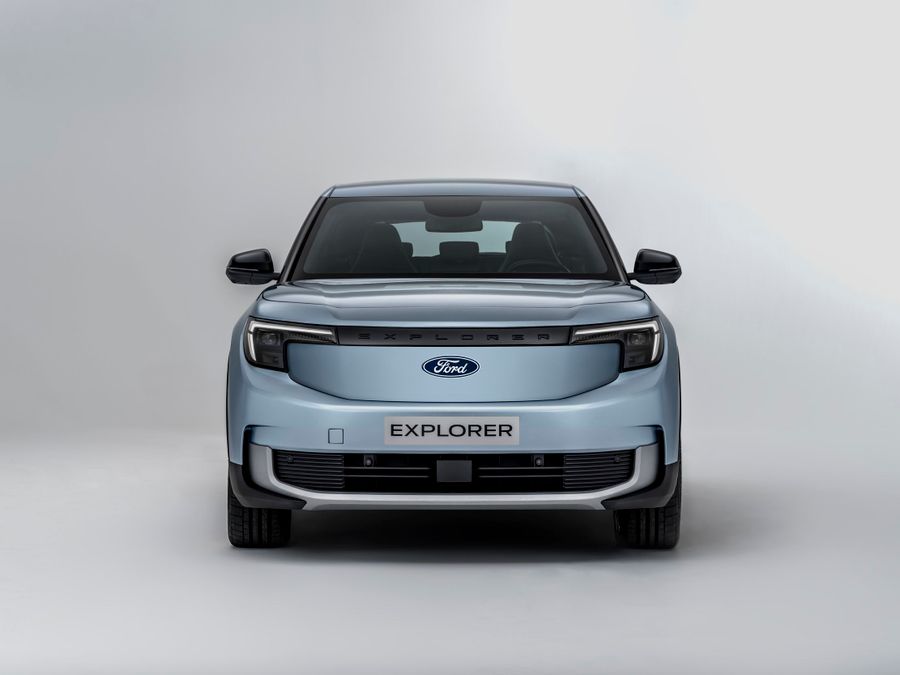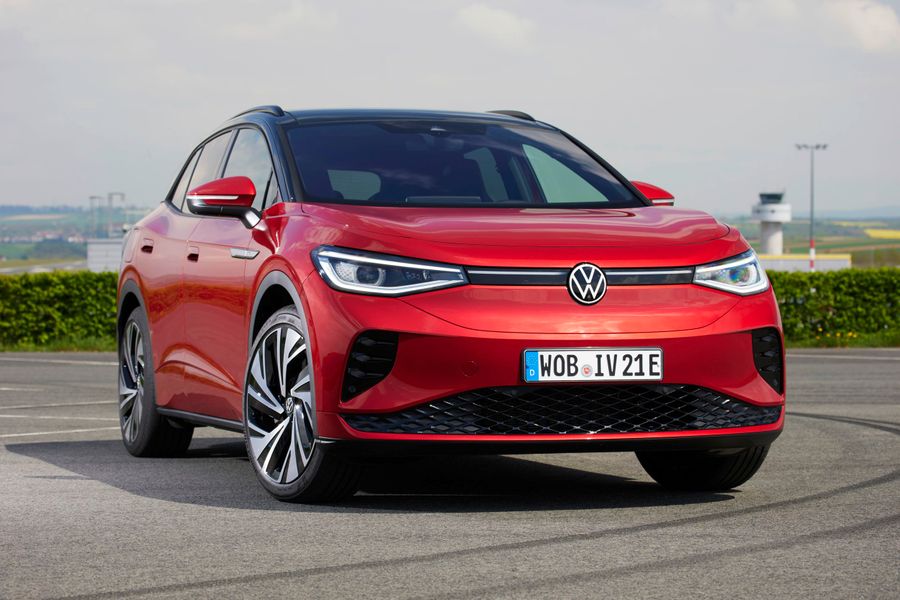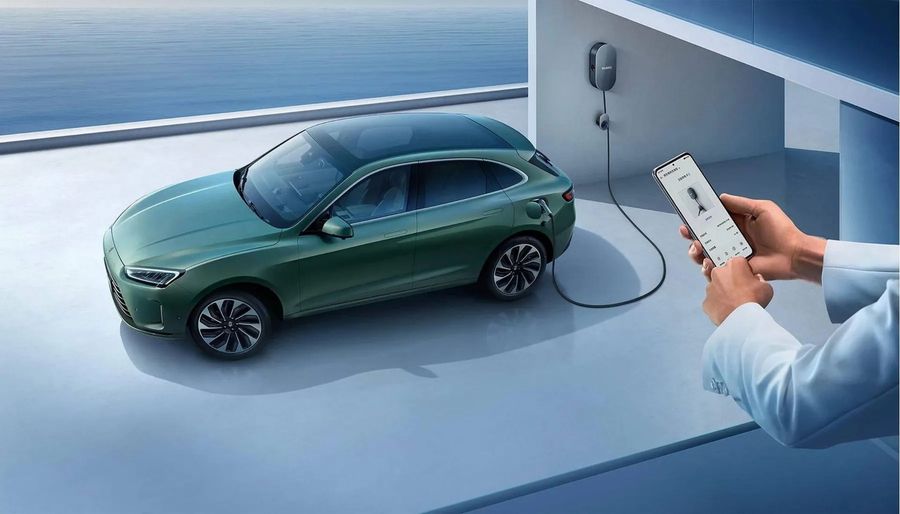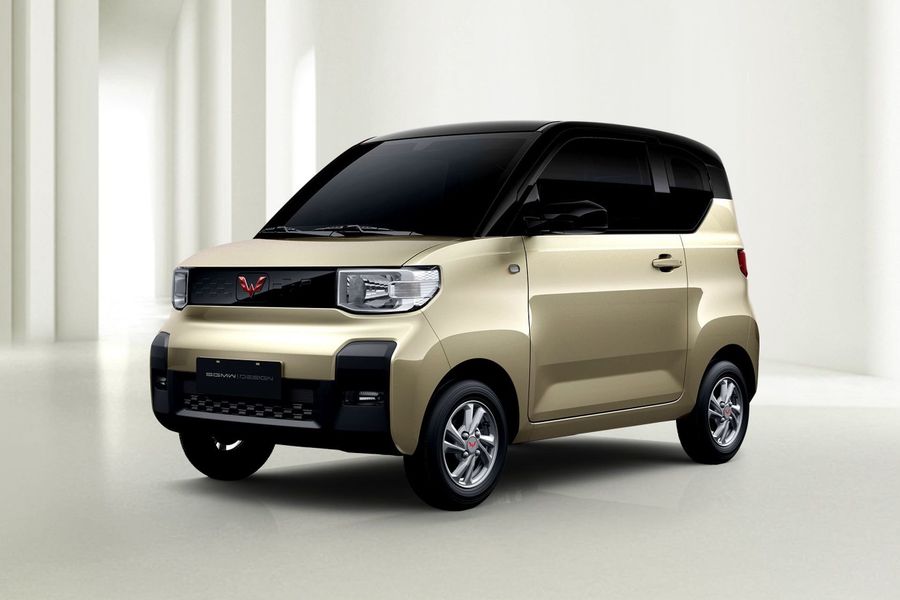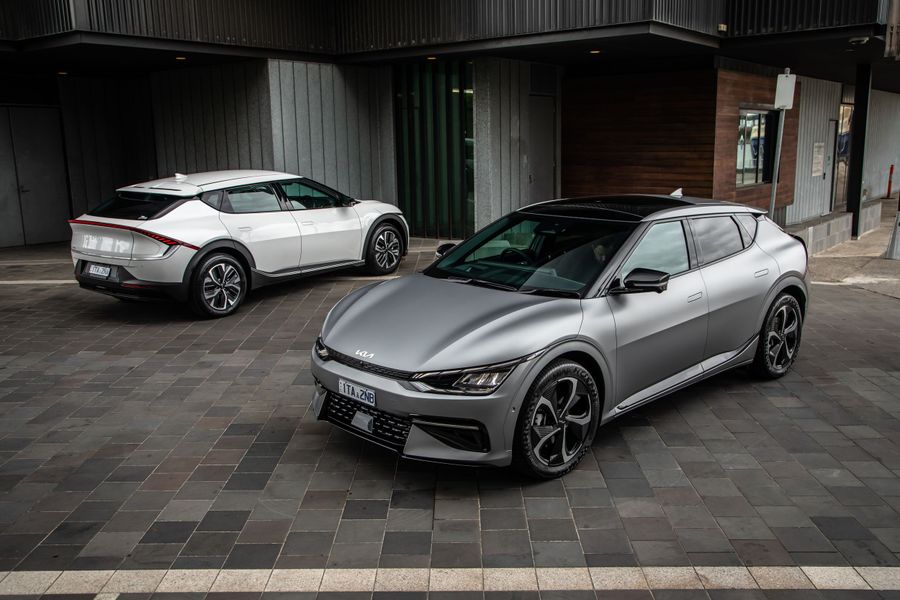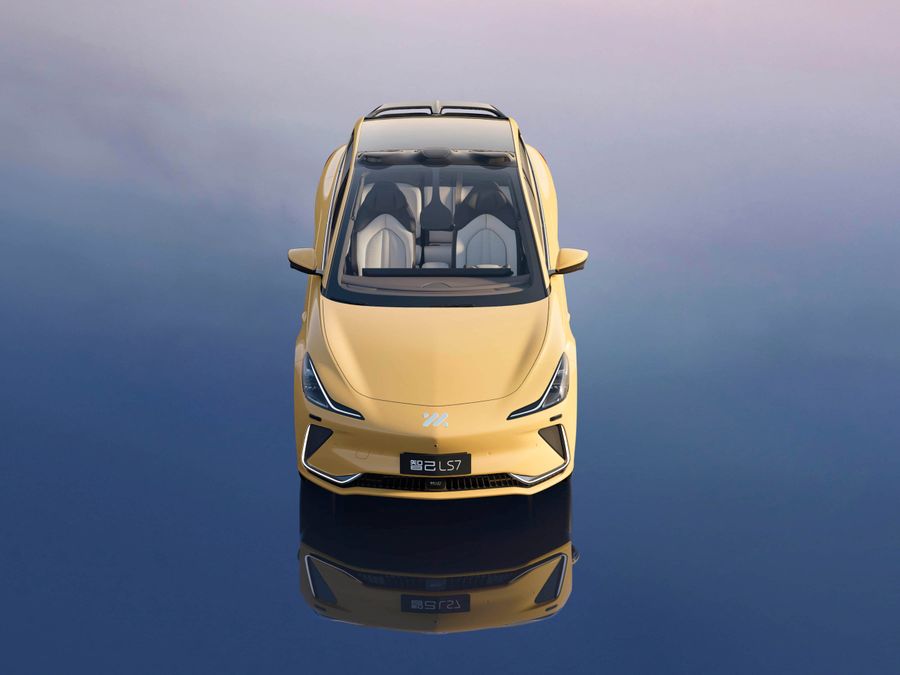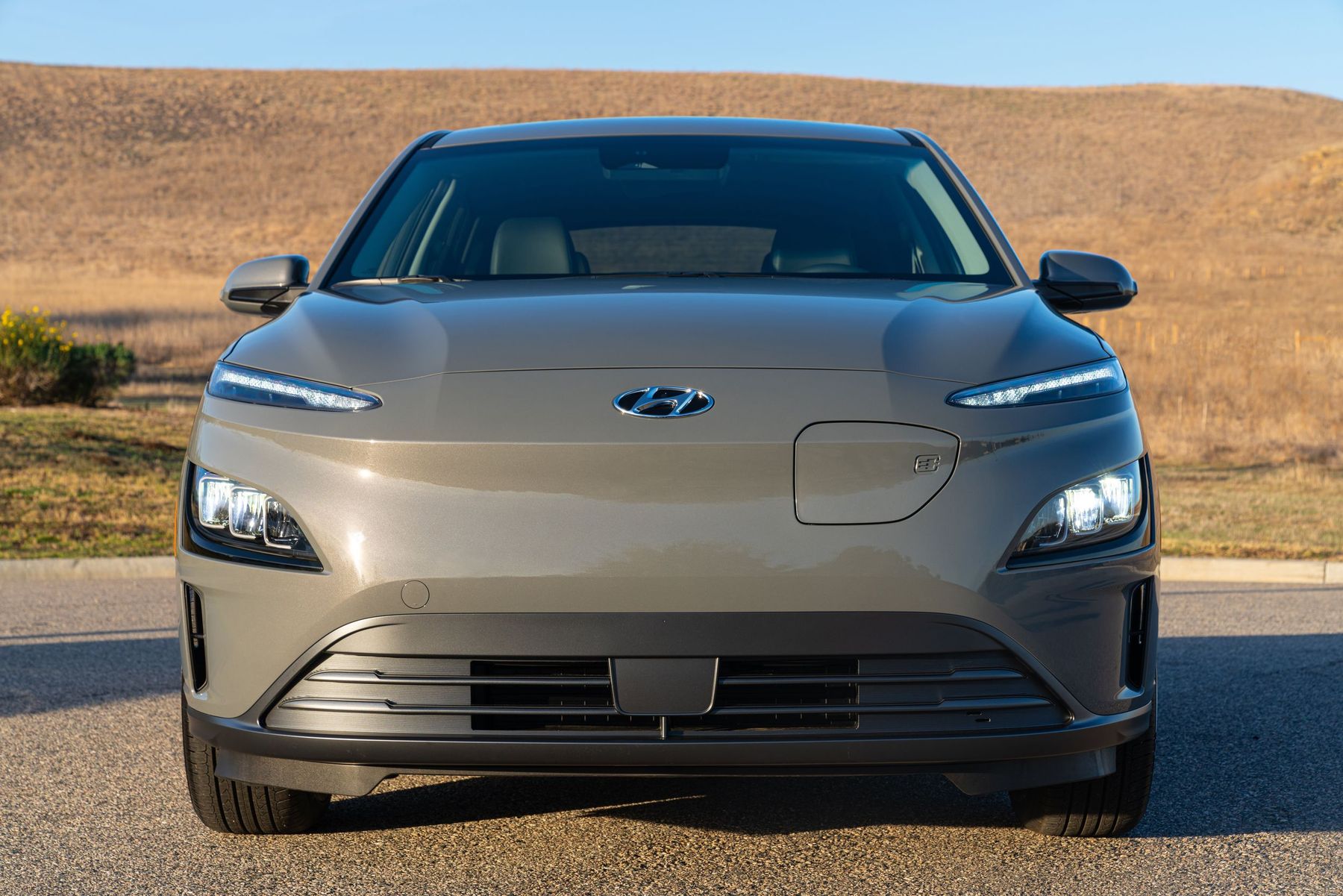
Hyundai Kona EV SUV. 1st generation, 2020 restyling
Hyundai Motor has been producing an electric vehicle based on the Kona SUV not so long ago, since 2018, but has already managed to upgraded both modifications with internal combustion engines and the electric version (November 2020). It should be noted right away that the restyled Hyundai Kona EV has new design and improved safety systems. Since its debut, 120,000 Kona EV cars have been sold, of which 53,000 have found owners in Europe. The restyled version should attract new buyers.
Exterior
The restyled 2020 Hyundai Kona EV features redesigned headlights and taillights, slightly different bumpers (which have made the vehicle longer), and the front end without chrome trim and imitation of the radiator grille. The wheel arch extensions and sills are painted in the body color, and there are more body colors to choose from. The vehicle also has new wheel rims.
Interior and equipment
The vehicle can also boast a number of interior innovations, including a larger digital dashboard (10.25 inches versus 7 inches). The multimedia system has a display of the same size and now supports the wireless functions of Android Auto and Apple CarPlay (there is also an 8-inch display, which is installed on the vehicles supplied to Israel). Plus, the SUV offers improved interior decorative lighting and a USB connector added to the second-row seats.
The restyled 2020/2021 Hyundai Kona Electric has the ability to adjust the intensity of regenerative braking using the steering column levers. And it also has new electronic assistants, such as a collision avoidance system and rear traffic alert, as well as a reverse collision warning system. Moreover, there are active lane control and driver fatigue detection systems.
Powertrain
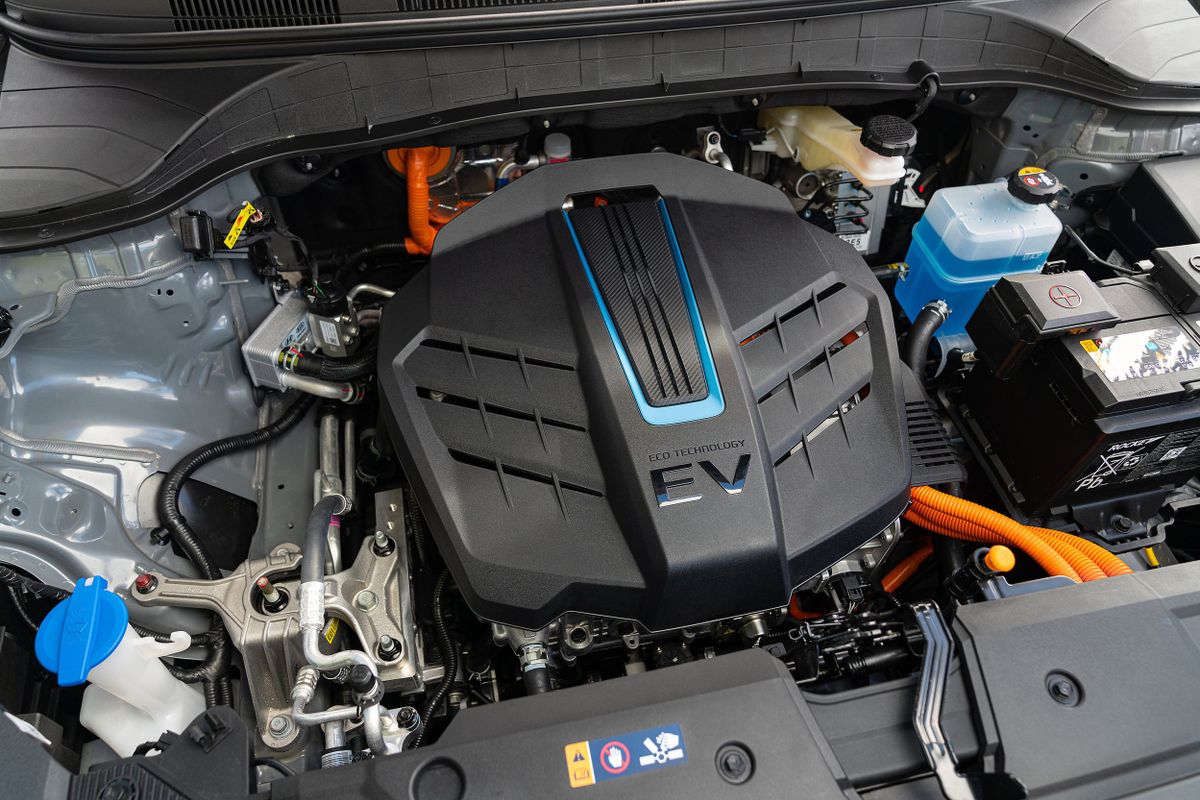
The entry-level electric Kona, which is sold in Israel, is equipped with a 136 hp electric motor and a 39.2 kWh battery. No changes have been made here. However, the driving range has grown from 300 to 305 km (interestingly, this was achieved only by changing the tires). However, dynamics of acceleration has been slightly reduced: the new Hyundai Kona Electric accelerates to 100 km/h in in 9.9 seconds versus 9.7 seconds.


